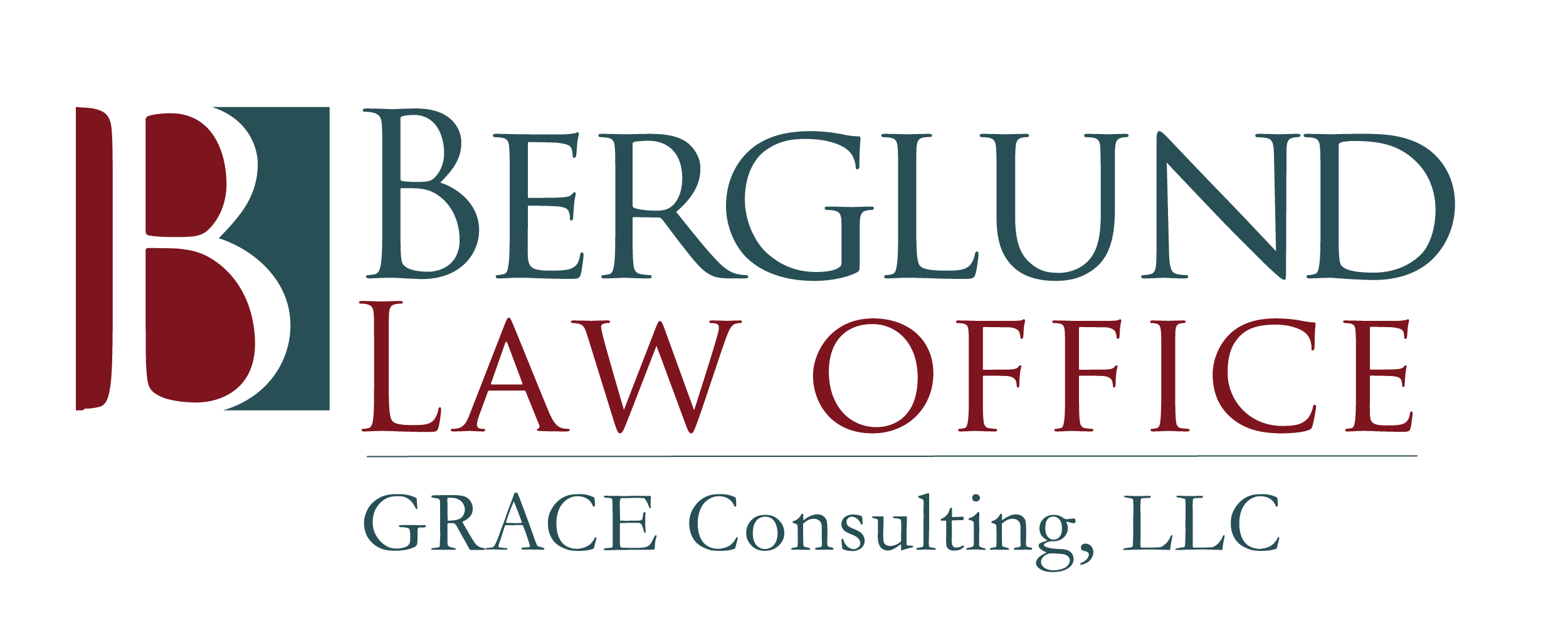
It is a great idea to purchase (and read!) a copy of my new book on Minnesota Estate Planning on Amazon before you meet with us. The book contains an appendix which will help you collect the information about your assets, your family, and your desired beneficiaries and fiduciaries we will need to guide you in designing the estate plan that you need.
Based on the complexity of your estate, we will very likely recommend either a basic will or a revocable (living) trust as the cornerstone of your plan. Remember that your will only dictates who will receive the assets you hold in your own name.
Your other assets- called “non-probate assets” (such as your 401(k) account, “transfer on death” deeds and accounts, “pay on death” accounts and life insurance policies) — will be transferred to the beneficiaries you have named without the need for probate.
We will briefly discuss “probate”, and when probate is required in Minnesota. Avoiding probate- if possible- is generally one of my strongest recommendations.

Once we have a basic idea as to the depth and breadth of your estate and your family situation, we will ask you about your estate planning goals and objectives.
This is all part of the process of estate planning. We will tell you about and generally recommend that you consider having both health care and “financial” powers of attorney prepared.
We will also discuss whether or not a Transfer on Death Deed for your homestead makes sense for you, and explain how easy it is for you to establish “pay on death” beneficiaries for your bank accounts.

Depending on time available, we may have the opportunity to discuss a few other areas of elder law such as medical assistance qualification, the “five-year lookback” rule and the “spenddown”, etc.
